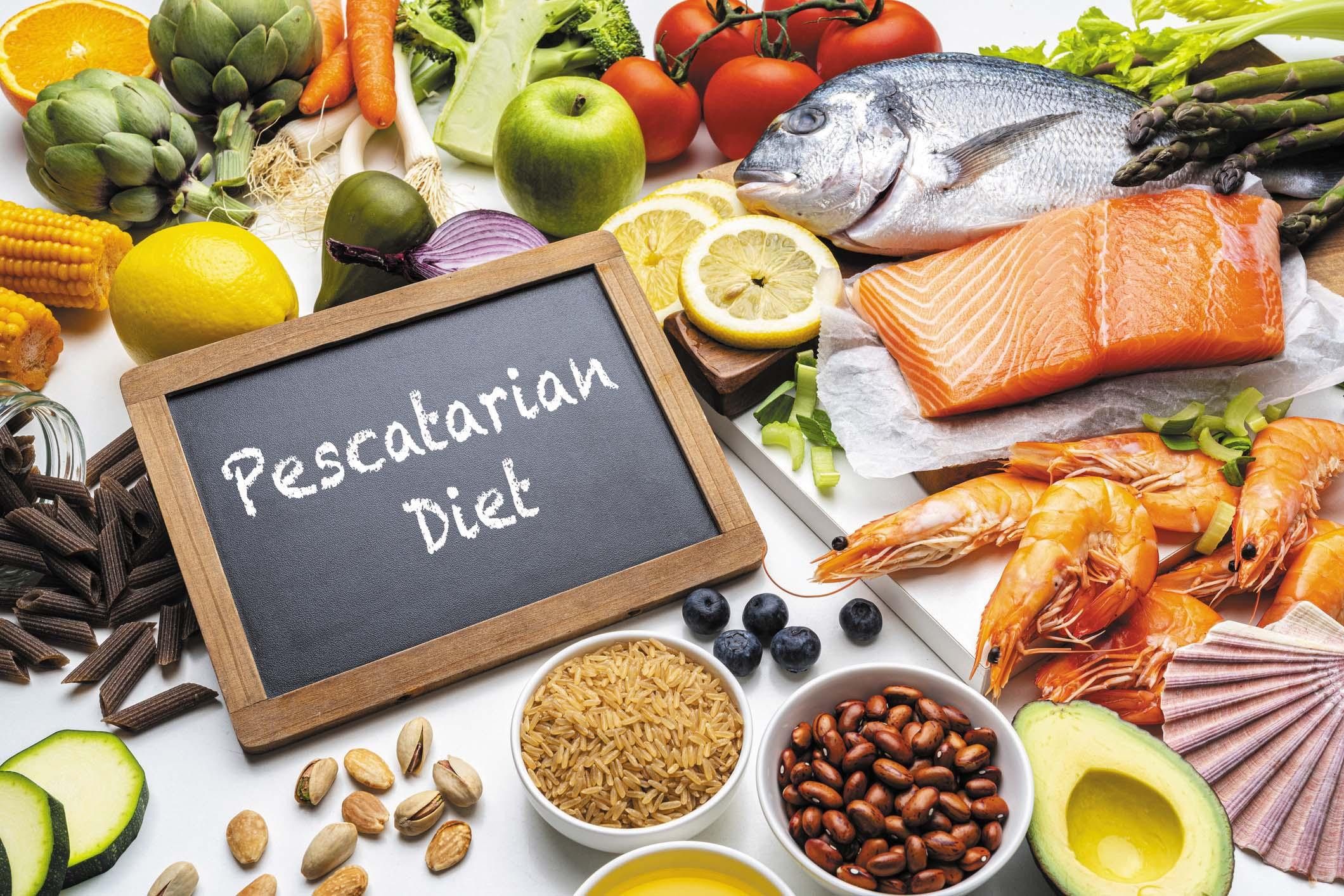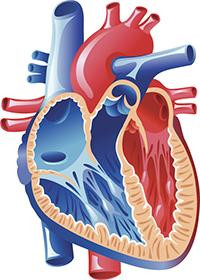
What are somatic workouts?

How to curb your stress eating

How to spot Parkinson’s disease symptoms

8 simple ways to reduce ultra-processed foods in your diet

Heart failure symptoms in women: How they’re different

GERD diet: Foods to avoid to reduce acid reflux

Strong is the new skinny

Everyday habits that sneakily weaken your bones

Don’t wait to get help for back pain

Correcting how you walk may ease osteoarthritis knee pain
Heart Health Archive
Articles
Go fish for a healthy heart
A pescatarian diet pairs plant-based eating with fish and shellfish, offering key nutrients and heart- and brain-protective omega-3s. Choosing smaller, sustainably caught seafood helps limit environmental impact and mercury exposure.
Safe and effective high-intensity interval training
High-intensity interval training alternates short bursts of hard effort with recovery, boosting aerobic fitness, heart health, and muscle in less time. For older adults, adjusting intensity to current fitness levels helps keep HIIT safe and effective.
Women gain heart protection with far less exercise than men
A 2025 study suggested that women are less likely to develop coronary artery disease even when engaging in less moderate-to-vigorous exercise than men.
Reclining and lying down: More risky than sitting for heart health?
Reclining and lying down may be linked to worse cardiovascular health while short bouts of sitting or standing may reduce cardiovascular risk, according to a 2025 study.
Nighttime light exposure linked to heart disease
Higher exposure to light at night between 12:30 a.m. and 6 a.m. is linked to an increased risk of cardiovascular problems including coronary artery disease, stroke, atrial fibrillation, heart attack, and heart failure.
Updated risk calculator recommends less low-dose aspirin use
A 2025 analysis suggests that far fewer people are considered candidates for low-dose aspirin to prevent heart disease with the updated PREVENT risk calculator compared with the older risk calculator.
Social media posts about statins: Sorting fact from fiction
Social media posts tend to exaggerate side effects (such as muscle aches and memory problems) associated with statins and may spread invalid information about these drugs. This misinformation is a major threat to public health, according to a 2025 article.
What is a bubble study?
Performed during an echocardiogram, a bubble study involves injecting a small amount of fluid filled with tiny bubbles into an arm vein. It can reveal the path of blood flow through the heart and provide clues about the cause of an unexpected stroke.
Can regular sauna sessions support a healthy heart?
Population-based studies have linked regular sauna use with better heart health. The high temperature inside a sauna—which usually ranges from about 150° F to 195° F—causes blood vessels to dilate, raising the heart rate and increasing blood flow throughout the body. However, randomized trials haven’t found much evidence that saunas can improve measures of cardiovascular health. People with low blood pressure, valve disease, and heart failure should be cautious while using saunas.
An Indian adaptation of the Mediterranean diet
An Indian-adapted Mediterranean diet includes vegetarian-focused meals flavored with an array of vibrant spices. The fiber-rich meals contain anti-inflammatory compounds that may provide heart-related health benefits. Healthy protein sources include legumes, featured in dishes such as chana masala (chickpeas in a tomato-based sauce) and dal (a soupy stew made from dried split lentils or peas). Tomatoes, eggplant, and peppers appear often in both the Mediterranean diet and the Indian-adapted version, as do leafy greens such as spinach.

What are somatic workouts?

How to curb your stress eating

How to spot Parkinson’s disease symptoms

8 simple ways to reduce ultra-processed foods in your diet

Heart failure symptoms in women: How they’re different

GERD diet: Foods to avoid to reduce acid reflux

Strong is the new skinny

Everyday habits that sneakily weaken your bones

Don’t wait to get help for back pain

Correcting how you walk may ease osteoarthritis knee pain
Free Healthbeat Signup
Get the latest in health news delivered to your inbox!
Sign Up











